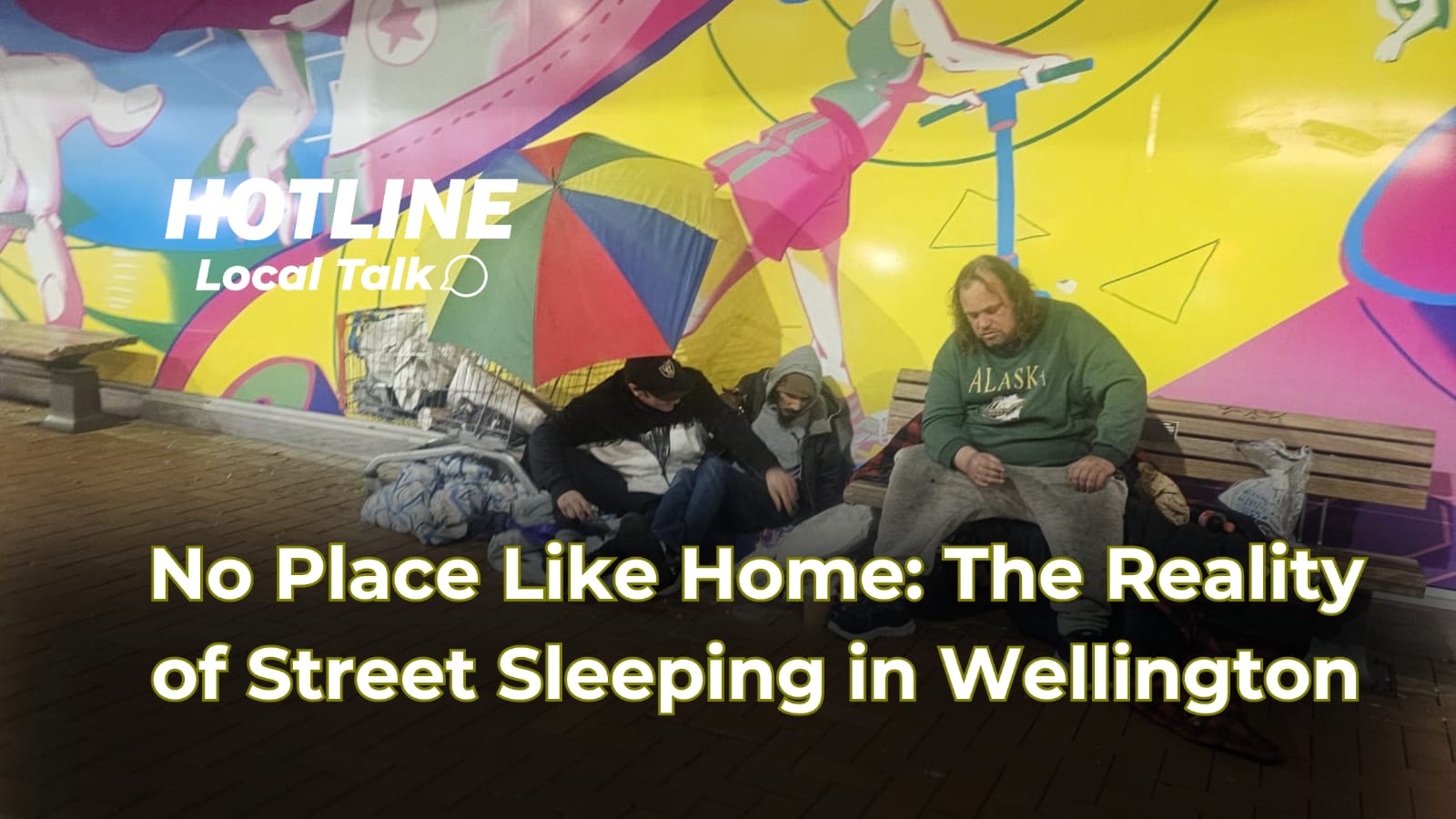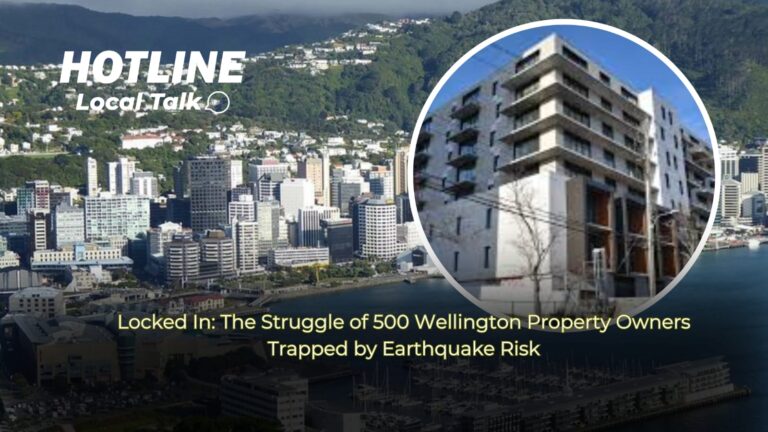In the heart of Wellington, a city known for its vibrant culture and stunning landscapes, a silent crisis has been unfolding. This crisis, known as ‘Locked In’, affects approximately 500 property owners, who find themselves trapped in a situation where their investments in buildings or apartments are deemed earthquake-prone. This article, brought to you by One Network Wellington Live, delves into the intricacies of this issue, exploring the financial pain, the lack of investment, and potential pathways to recovery.
Understanding ‘Locked In’
The term ‘Locked In’ refers to the predicament where property owners in Wellington cannot divest from their investments due to the buildings being classified as earthquake-prone. According to the Wellington City Council, over 3,000 buildings in the city were identified as potentially at risk following the 2016 earthquake-prone building legislation update. However, our focus is on the 500 properties where owners are particularly ‘locked in’ due to various factors including financial constraints, legal obligations, or market conditions.
Key Statistic: A study by the Wellington Property Investors Association in 2021 revealed that 65% of these locked-in owners reported a significant decrease in property value since the classification.
The Financial Burden
The financial implications of being locked into an earthquake-prone property are profound. Owners face not only the devaluation of their properties but also the costs associated with potential strengthening or demolition. According to a report by the Earthquake Commission (EQC), the average cost to strengthen a building to meet current standards can range from $150 to $300 per square meter. For many, this translates into investments of hundreds of thousands of dollars, which many cannot afford or justify given the uncertain return.
Moreover, the inability to sell or rent out these properties at a reasonable rate exacerbates the financial strain. Data from Wellington’s real estate market shows a 20% drop in rental income for earthquake-prone buildings compared to those not classified as such.
Impact on Investment and Growth
With owners locked into their investments, there’s a noticeable stagnation in property development within Wellington. The lack of investment leads to buildings sitting idle, contributing neither to the city’s growth nor to the economic vitality of the area. A survey conducted by One Network Wellington Live in 2022 indicated that 78% of locked-in property owners have not made any improvements or investments in their properties since the classification, fearing further financial loss.
Why Are They Locked In?
The reasons for being locked in are multifaceted:
- Legal Constraints: Many owners are bound by legal agreements or heritage listings that complicate the process of selling or altering the property.
- Financial Inability: The cost of seismic upgrades is prohibitive, and with property values dropping, securing loans becomes challenging.
- Market Conditions: The market for earthquake-prone properties is virtually non-existent, leaving owners with no viable exit strategy.
Potential Solutions and Recovery
Addressing the ‘Locked In’ situation requires innovative solutions:
Government and Council Support
The Wellington City Council has proposed several initiatives, including:
- Subsidies or low-interest loans for seismic strengthening.
- Streamlining the process for heritage building modifications to reduce costs and time.
Community and Cooperative Efforts
Community-driven solutions could include:
- Forming cooperatives where owners pool resources to fund upgrades.
- Engaging with local universities or research institutions for innovative, cost-effective strengthening methods.
Insurance and Financial Instruments
Insurance companies could play a role by:
- Offering specialized insurance products that cover the costs of seismic upgrades.
- Developing financial instruments like bonds or investment funds specifically for earthquake-prone property recovery.
Research Insight: A recent study by Victoria University of Wellington suggests that community-led initiatives could reduce the financial burden by up to 30% through shared resources and knowledge.
Conclusion
The ‘Locked In’ scenario in Wellington is more than just a property issue; it’s a community challenge that requires collective action, innovative thinking, and supportive policies. As we move forward, the focus must be on recovery, resilience, and ensuring that Wellington remains a vibrant, safe place to live and invest. One Network Wellington Live remains committed to highlighting these issues, fostering dialogue, and supporting our community through this challenging time.
For more information or to get involved in community initiatives, visit One Network Wellington Live.
TRUTH SEEKER
Instantly run a Quiz with friends... about the article. Interact more & analise the story. Dig in, catch out biased opinions, and "fact check" with TRUTH SEEKER by ONENETWORK WELLINGTONLIVE
Do you agree with the main argument of this article?
Total votes: 2
What percentage of locked-in owners reported a significant decrease in property value since the classification?
Bias Analysis
Fact Check Summary
True
Source: Article
True
Source: Article









